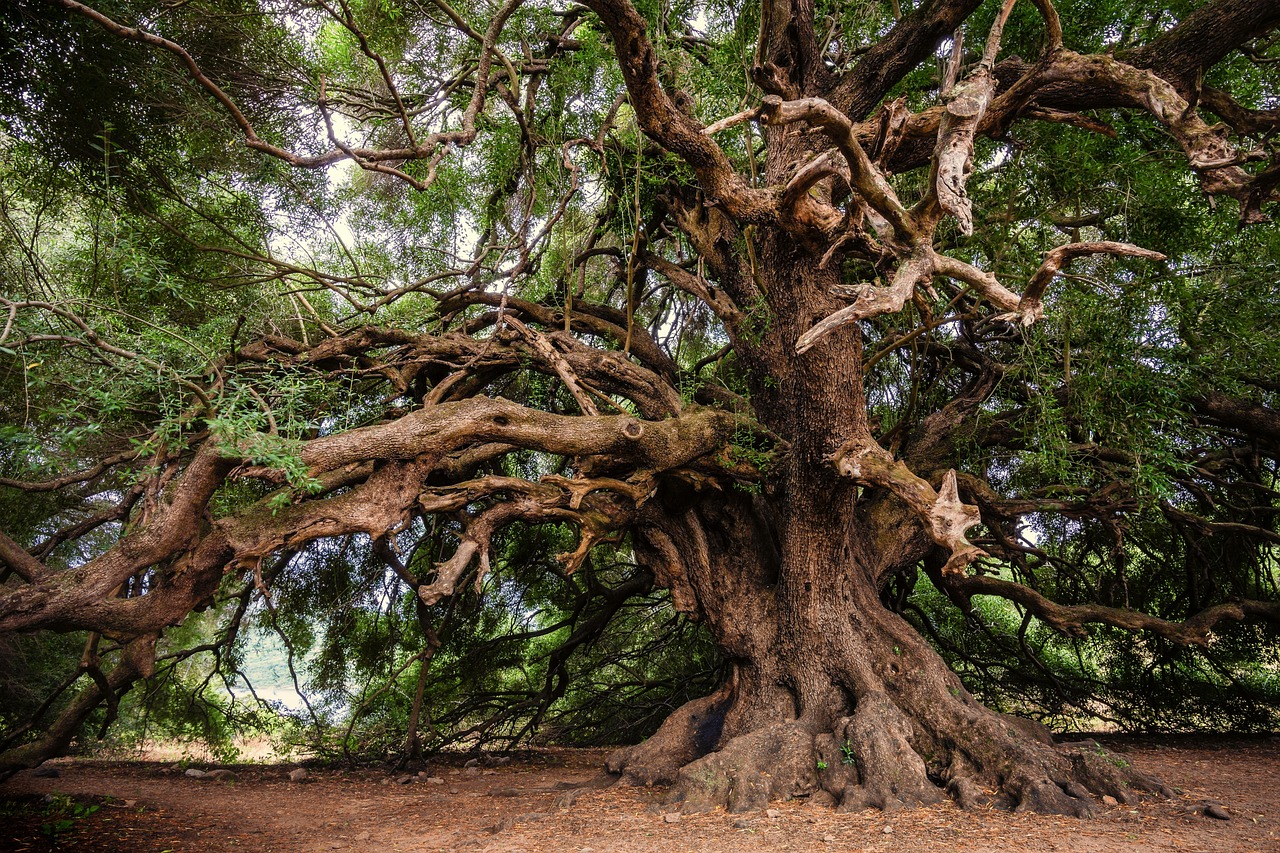Israel’s olive tree is not just a plant; it’s a symbol deeply rooted in the country’s culture, history, and economy. The olive tree has been cultivated in the region for thousands of years, even before the establishment of the modern State of Israel. Offering both practical benefits and spiritual significance, the olive tree stands as a testament to the resilience and ingenuity of the people who have cared for it over generations.
Historical Significance
Olive trees have been cultivated in the Levant region, encompassing modern-day Israel, for more than 5,000 years. Ancient texts, including the Bible, mention the olive tree and olive oil for their many uses, from cooking and lighting lamps to religious rituals and medicinal purposes. The olive branch is also a symbol of peace and was reportedly one of the first things Noah saw after the Flood. This strong historical linkage reflects the olive tree’s integral role in the narrative of the Israelite people and later, the Jewish community.
Cultural Importance
The olive tree has long been a part of Jewish tradition and symbolism. During the festival of Hanukkah, olive oil is used to light the menorah, commemorating the miracle of the oil lasting eight days in the desecrated Second Temple of Jerusalem. Furthermore, olive oil is often used in anointing kings and priests in religious ceremonies. Even in modern times, Israeli families take part in the annual olive harvest, and the country celebrates Olive Oil Day on December 16th, highlighting the tree’s continual relevance.
Economic Impact
Israel’s olive oil industry is a key part of its agricultural sector. The country produces high-quality extra virgin olive oil, exported worldwide. Olive oil production also has a significant impact at the local level, providing livelihoods to thousands of farmers. With advancements in irrigation technology and cultivation techniques, Israel has managed to significantly increase its olive oil yield, despite its challenging climatic conditions.
Environmental Contributions
Olive trees are well-suited to Israel’s Mediterranean climate, requiring less water than many other crops. Their deep root systems help prevent soil erosion, while their leaves offer a habitat for various fauna. They are resilient trees that can survive, and even thrive, in difficult conditions, much like the people who cultivate them.
Technological Innovations
Israel is a pioneer in agricultural technology, and the olive industry is no exception. Researchers are continuously developing new methods to optimize olive oil production, improve pest resistance, and increase the tree’s overall yield. Drip irrigation, a technology developed in Israel, has been particularly successful in olive cultivation, reducing water waste and increasing the efficiency of the growing process.
Conclusion
The olive tree in Israel is a multipurpose marvel, deeply woven into the fabric of the country’s history, culture, and economy. As Israel continues to face various challenges, the olive tree stands as a resilient symbol of endurance and hope. It serves as a reminder that even in arid conditions, life not only persists but can also flourish. Through its many uses and significant contributions, the olive tree remains a steadfast companion to the Israeli people, symbolizing their resilience, history, and deep connection to the land.
Author

An aspiring business leader, I am working towards my dream of graduating from Stanford University with a degree in Business Management. Passionate about sharing knowledge, I strive to empower others through education and collaborative learning.
View all posts


